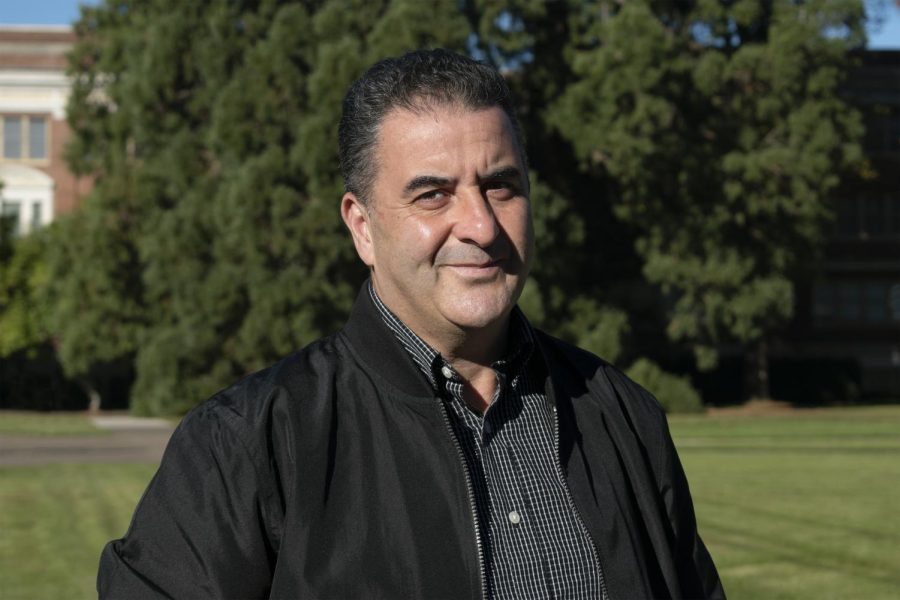Academic integrity affected during pandemic
November 4, 2020
With the majority of students studying online due to COVID-19, it has become easier to compromise one’s academic integrity—such as cheating, utilizing and crediting sources and using the web during exams.
Nabil Boudraa, professor of French and French coordinator at Oregon State University, considers cheating to be nothing more than an easy way out. “It is too easy to just copy a thought or idea from a website instead of using one’s brain to think and produce one’s own thoughts and ideas,” Boudraa said.
“This damages one’s personal integrity and leads to intellectual laziness, among other flaws,” Boudraa said.
COVID-19 influenced the act of cheating, making it so students have more privacy and therefore, less surveillance around them.
“The most important thing that students get from avoiding cheating is to maintain and develop their sense of moral rectitude and personal integrity,” Boudraa said.
J.T Bushnell, senior instructor in the School of Writing, Literature and Film, believes that teaching in an online environment requires specific and much needed adjustments. “I think professors have to shift the way we think about testing when we move it online rather than hoping our moral indignation and accusations of ‘cheating’ will convince students to police themselves,” Bushnell said.
For Bushnell, cheating can be far from what it seems; “the impulse to reach for a resource is natural and often academically legitimate. Professors themselves do it all the time,” Bushnell said. “When I teach a new story in my literature class, I keep the text open in front of me, I consult it, I search for passages that illustrate my ideas andI test student ideas against the text. None of that is ‘cheating.’ It is engagement.”
Bushnell indicates that innovating “old” methods is a requirement to propel students’ learning experiences during a pandemic. “You cannot use the same kinds of tests online that you would use in the classroom,” Bushnell said. “You have to create test questions and testing methods that will drive students to engage further with texts, theories and information.”
Adam Schwartz, associate professor in the School of Language, Culture & Society, believes that the utmost important thing is to acknowledge where you get your sources from. “I very rarely had a student try to pass off something as their own thoughts, but when that happens, I’m not interested in passing judgment – it is time for a conversation.” Schwartz said.
According to Schwartz, having a conversation with a student that allegedly cheats and understanding the reason behind it is more important than trying to punish them.
“With COVID-19, we’re all looking for ways to make life a little easier despite all the awful. My students are exhausted, but not necessarily lazy or intentionally dishonest,” Schwartz said. “Sometimes what a professor might read as plagiarism is also a sign that a student might be spending valuable time and energy taking care of family or seeking some extra sleep, if I see an instance of cheating, it usually means the student needs support or some kind of flexibility.”
As an educator, Schwartz works to design his classes in ways that can minimize a student’s concern about their grade and as a result decrease a student’s need to cheat. “I’m interested in encouraging and authoring the student’s process,” Schwartz said.
























































































































